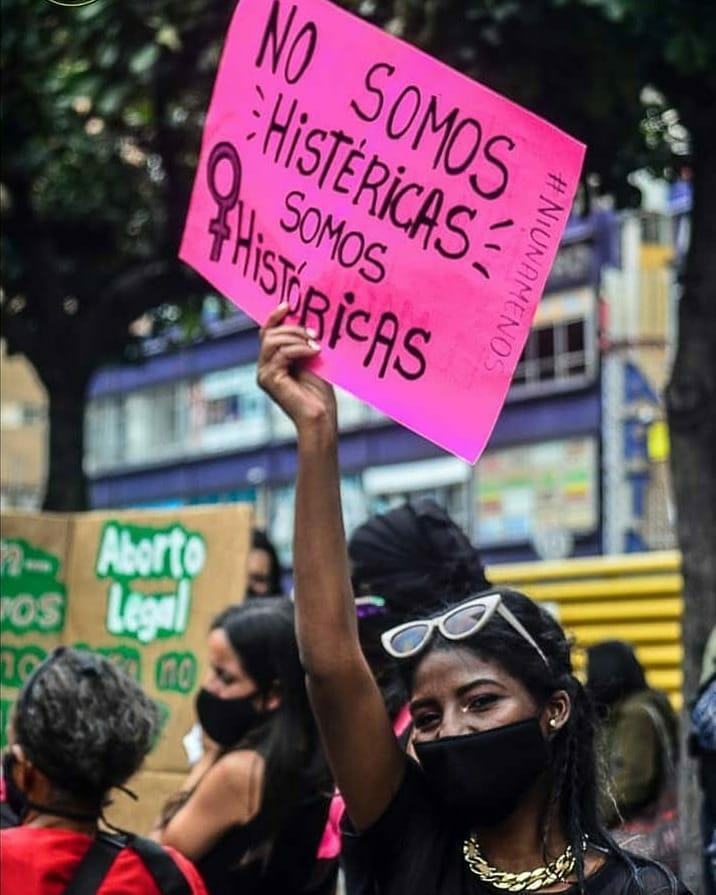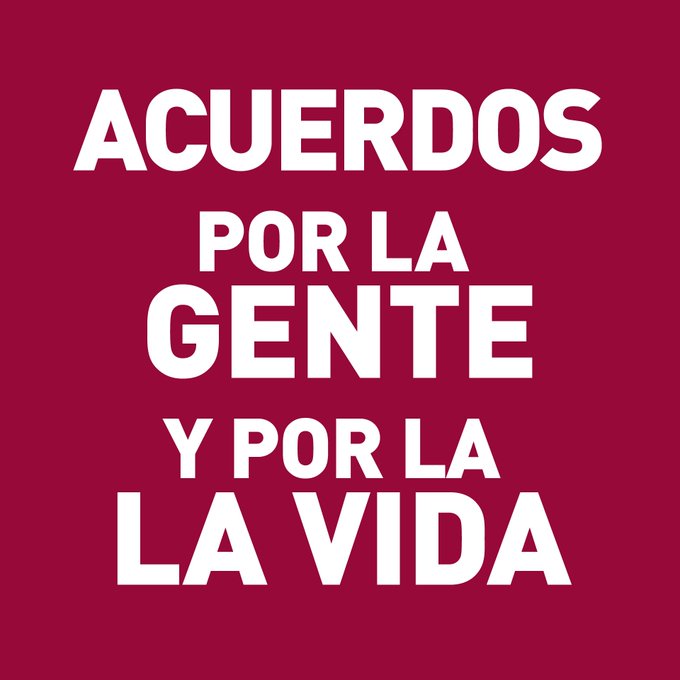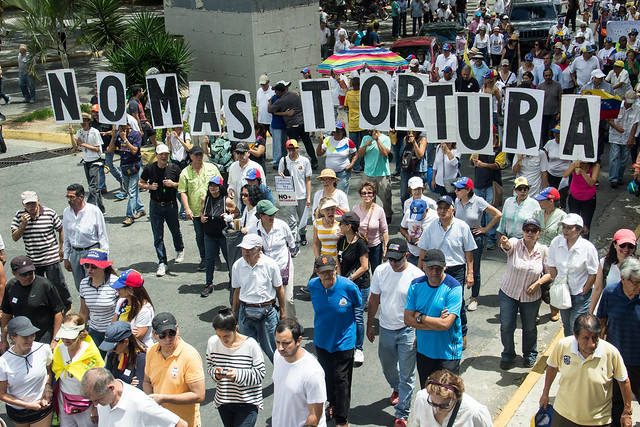June 26, 2020
The so-called Socialism of the 21st Century increasingly depends on the initiative of non-state figures and on private interests to maintain its precarious stability. Unlike recent times, the impossibility of promoting any initiative on public spaces is evident in the fact that most activities of the #StayHome (#QuédateEnCasa) campaign have been made on the margins of official institutions.
Given the crowd-moving passion that it represents, most Latin American countries have used the metaphor of soccer for their campaigns about Coronavirus. The main idea of the ads is, with some variables, “We need to play as a team, we will get through this together”. In Venezuela, it is completely different. The unilateral response of authoritarianism, which sees COVID-19 more as a political obstacle than a sanitary emergency, turning its back on most of the country, outright dissipates any feeling of togetherness and cooperation that is necessary to face what is a catastrophe affecting us all.
The confrontation of the State against Society did not start on March 13, when the quarantine was decreed, rather it has been intensifying in the past few years. Unlike the broad margin for maneuvers in the political, social and economic fields it had in mid-2000s, two decades later, the Miraflores rulers’ sole tool in the country is the State’s regulatory capabilities, which includes the enforcement of control mechanisms. Employment, development and entrepreneurship -whatever it is we understand by those concepts- are no longer a consequence of public policies, but of private initiatives, including here the broad spectrum of figures that, under protection of the State, use public funds for their own gain. Analyzing the current “security” policies, Keymer Ávila, puts it this way: “No other Branch controls the Executive Branch, and in turn, the Executive Branch does not control the #military nor the #police apparatus. Between them, there are only relations of mutual usefulness, based on private interests”.
This unique process of “privatization of socialism”, to give it an alluring name, was evident in 2019, when a group of important Venezuelan entrepreneurs decided to find inspiration in the Chinese model and make profit of the lack of regulations over foreign currency transactions. Some people pointed out that it was an exclusive phenomenon of certain circles in the main urban centers. The truth of the matter is that a certain capital flow started to show in what used to be a desertic market with a trade reduced to almost zero. Bodegones (small grocery stores) were the face of a level of economic activity based not on state stimuli but on private initiative, unlike during 2004-2011 when public revenue benefited from the high oil and gas prices on international markets. When this pandemic is over, whenever that is, this tendency will surely continue.
Setting all sanitary limitations aside and considering the impossibility of guaranteeing services for the people, the #StayHome campaign also reflects the strength of the civilian initiative in contrast with the limited governmental activity. In other countries of the region, official Ministries of Culture have worked on an intense programming of activities of online education and entertainment which is complemented with the offer of independent cultural providers. Whereas, if you now see the messages of the Ministry of People’s Power for Culture, you will see that its Twitter is mostly devoted to politics. And sometimes there is an invitation to download some old PDF. Online concerts, plays, poetry recitals and educational and entertainment forums under the hashtag #StayHome held in Venezuela will be found in non-State figures. To name just four, the Trasnocho Cultural, the Circuito Gran Cine, the Nelson Garrido Organization and La Poeteca have kept a regular digital programming in the past few months. The State is still there, like Big Brother, accusing those who do do something of being motivated by foreign interests, throwing the dice to select the next victim for the FAES and the operation “Tun-Tun”.
People are the ones who create power relations and institutions. And it is their creative capability that which can modify the current status-quo. There were researches that rated absenteeism and productive deceleration of workers in the Soviet Union as acts of the resistance to totalitarian impulses. In our case, facing the crisis of political representation and under the tropical totalitarian vocation, we will have to identify and valuate the capabilities of the Lo-fi resistance, at a low intensity, where relations of the democratic society itself may be recreated and strengthened, for the transformation that is bound to come sooner or later.
Translated by: Karen Hoogesteyn




